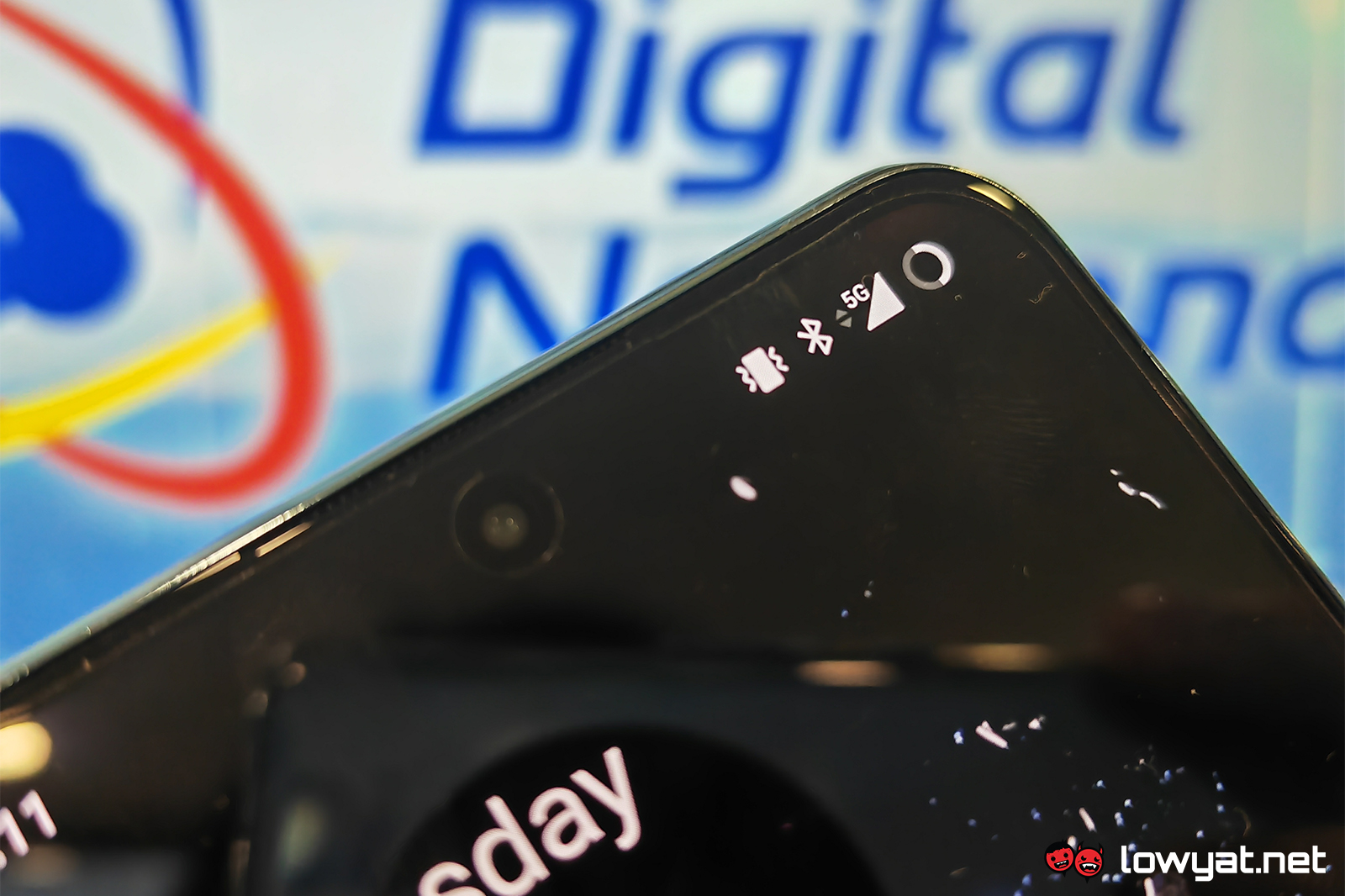According to the state-owned company, the 40% coverage will be achieved using 3,500 sites as opposed to the 4,018 sites initially planned. It explained that the reduced site count is the result of supply chain issues as well as delays in securing local council approvals in Selangor and Sarawak.
DNB assured that the issues have been resolved and that the network will be deployed next year as planned. To overcome said issues, it redirected its network deployment efforts to those states initially intended for 2023 and beyond. The special purpose vehicle still plans to hit its 80% coverage target by 2024 or earlier, with the 5G network reaching over 30 million people within the next two years. 5G is currently available in KL, Putrajaya, and Selangor, as well as parts of Penang, Negeri Sembilan, Malacca, Perak, Kelantan, Perlis, Pahang, Sabah, and Sarawak. According to a recent report by Opensignal, Malaysian 5G speeds are now almost 17 times faster than 4G.
Five major telcos have so far adopted and launched commercial 5G plans, including Digi, Celcom, unifi, U Mobile, and Yes. The only exception is Maxis which is waiting to seek shareholder approval before signing a 5G access agreement; the carrier is expected to complete the approval process by January 2023. David Hägerbro, Head of Ericsson Malaysia, Sri Lanka, and Bangladesh, said “The rollout of the 5G network by DNB is one of the fastest in the world, having commenced deployment only in October 2021.” Meanwhile, prime minister Anwar Ibrahim announced earlier this month that his administration will be conducting a review of the RM11 billion contract awarded to Ericsson by DNB, saying it was not done in a “transparent manner”. (Source: DNB press release)

